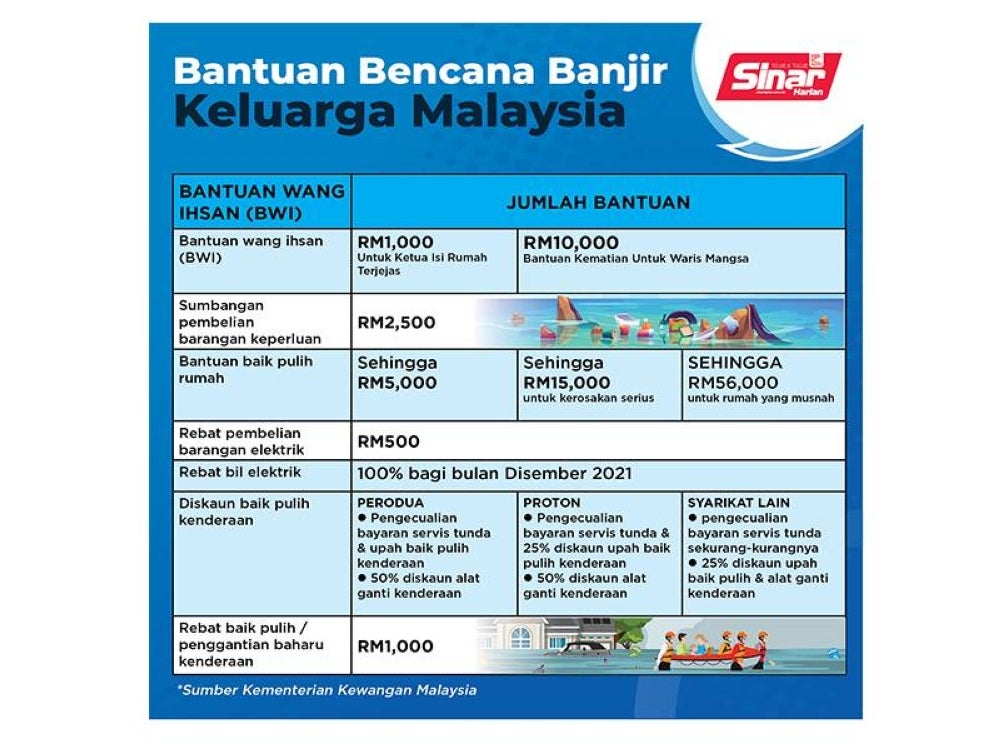Malaysia might face a social crisis in the future if further EPF withdrawal is allowed, says experts
By FARAH SHAZWANI ALI


SHAH ALAM -- Malaysia might face a social crisis in the future if the government goes along with the demand to allow the special withdrawal from the Employees Provident Fund (EPF).
The concern can be seen clearly because as of October 2021 alone, over RM101 billion have been withdrawn under three schemes which were i-Lestari, i-Citra and i-Sinar implemented since 2020.
The EPF withdrawals issue has caused 6.1 million of the contributors to have less than RM10,000 in their accounts and 3.6 million of them have less than RM1,000.
An economic analyst from International Center for Education in Islamic Finance (INCEIF), Associate Professor Dr. Baharom Abdul Hamid said, the majority of the contributors have insufficient balance in their EPF accounts that can expose them to social crisis if the savings are withdrawn.
“Based on the normal standard of the World Bank or the International Monetary Fund (IMF), we need at least RM2,000 a month after retirement or RM24,000 a year. The average life expectancy in Malaysia is around 65 years old.
“That means, we have 10 years left after retirement and we need at least RM240,000. If there are no savings, the contributors need to depend on their children although they have already settled down and had their own family,” he explained to Sinar Harian.
Based on the legislation aspect, it is a clear indication that the EPF savings are only allowed to be withdrawn after retirement.
He said, EPF is a subject under the EPF Act 1991 in which specified that Account 1 (70 per cent of the savings) is for retirement, meanwhile Account 2 (30 per cent) is for the allowed withdrawal.
“We understand the struggles and the difficulties, but sometimes we have to make decisions for their own good. “The decision is made for their own sustainability and for the future of the rakyat and the nation.
The sustainability of life
Senior lecturer at the Faculty of Economics and Muamalat Universiti Sains Islam Malaysia (USIM), Dr Mohd Faisol Ibrahim also agreed with the decision made by the government.He said it will help EPF members to have sufficient savings for a better life in the future.
“If many of the rakyat withdrew RM10,000 to fulfil their desires, then it will not last long and it will be detrimental to the EPF members themselves.
“However, if it is spent for their own needs, then it is a must, but only for a short period,” he said.
According to Mohd Faisol, many among the rakyat do not take their own financial planning seriously which soon causes them not to have any other savings other than the EPF in the future.
He explained that this will then hurt the contributors in the future, especially when the global and national economies are facing with Covid-19 pandemic.
“The measure taken by Bank Simpanan Nasional (BSN) in providing interest-free personal loans is a good initiative.
“Those who are in great need of financial assistance should grab the chance as it is not offered by any other financial institutions to their clients.
“In Islam, interest-free loans are also encouraged using the Qardhul Hassan Syariah instruments,” he said.
He also suggested the loan assistance by Tabung Ekonomi Kumpulan Usaha Niaga (Tekun) as an opportunity to help financially those affected by the floods.
For the record, the government also provides an allocation of Malaysian Family Flood Aid to help reduce the burden of flood victims in Malaysia.
Other than the Bantuan Wang Ihsan (BWI) of RM1,000, other assistance is also provided such as basic necessities donation, house recovery assistance, electrical appliances and electrical bills rebate as well as discount and vehicles recovery rebate














